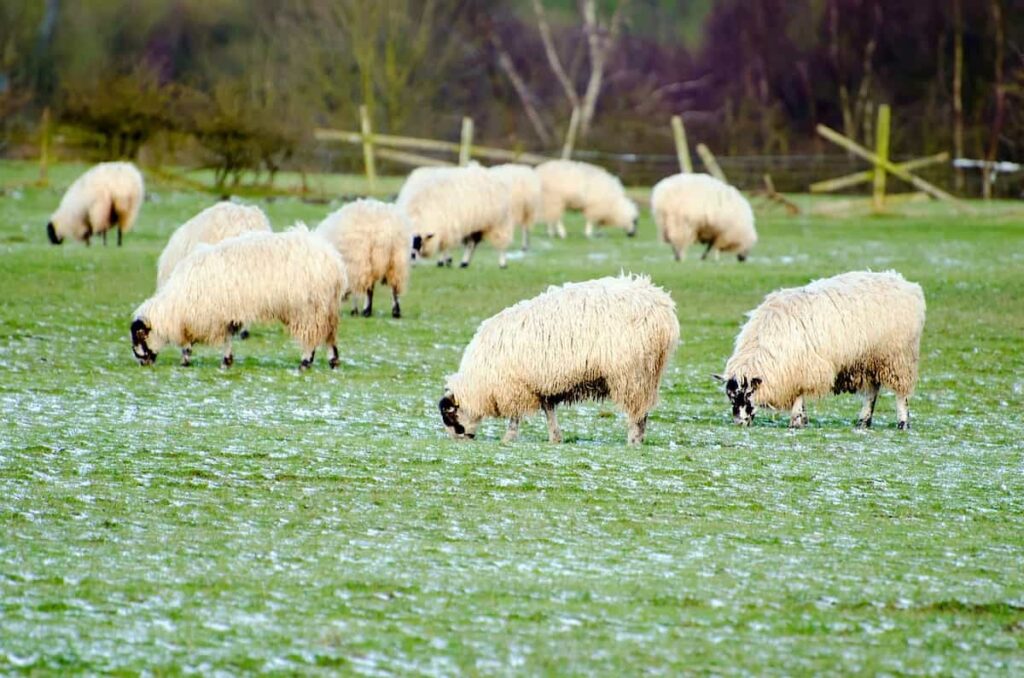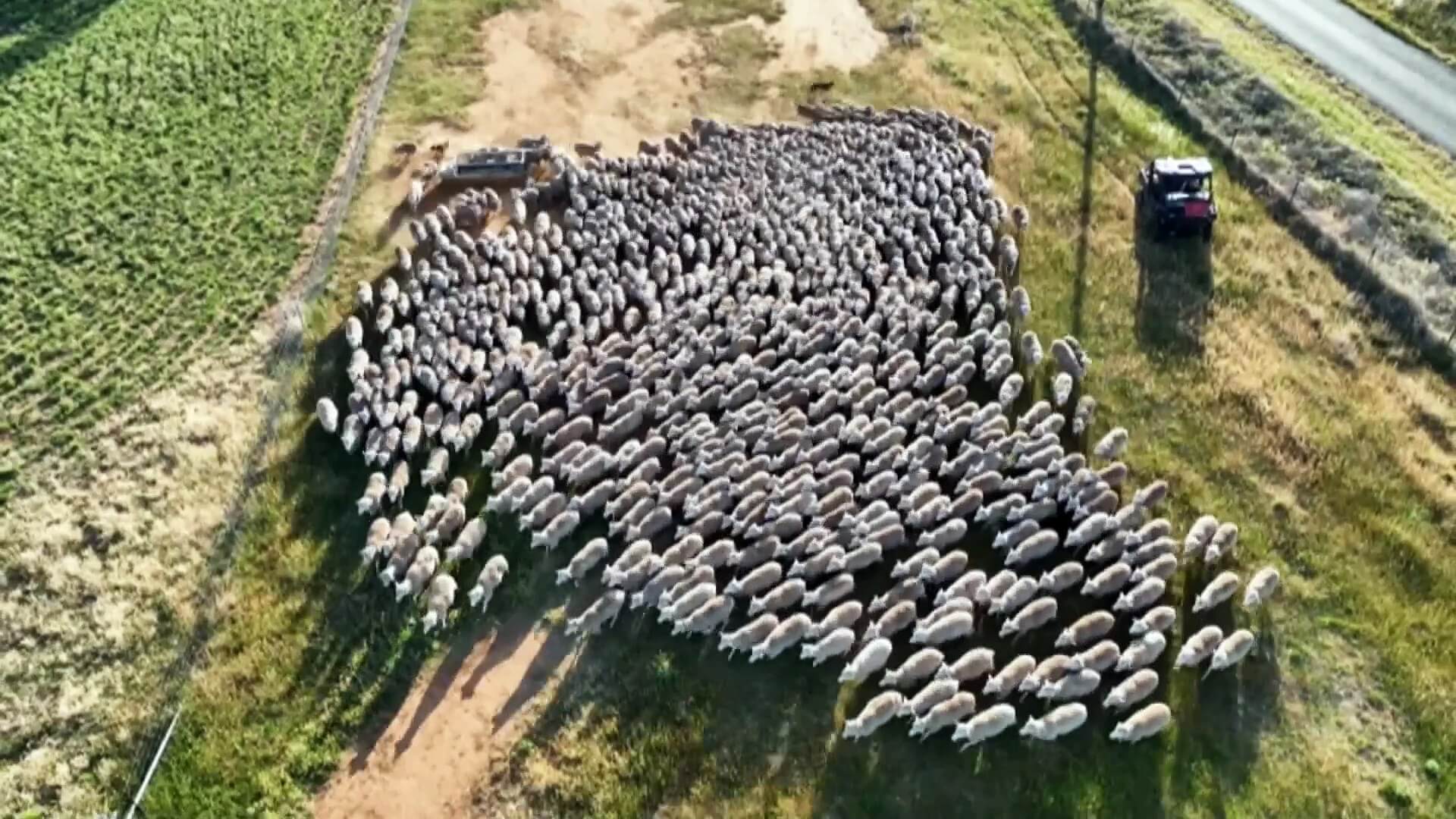Australia’s sheep industry is currently grappling with a severe crisis, as prices have plummeted to their lowest levels in 16 years. The dire situation has forced some farmers in the country’s western regions to give their sheep away for free to pet-food manufacturers.
According to Tim Jackson, a global supply analyst at Meat & Livestock Australia, mutton prices have seen a staggering 75% decline over the past year. Additionally, sheep prices have also slumped, with older animals fetching a meager average of just A$34 ($22) in October. There have even been reports of some animals being sold for less than a dollar each.
This alarming downturn in the sheep industry can be attributed to several factors. El Niño is expected to bring drier and hotter conditions, leading to a lack of pasture and prompting many farmers to send their animals for slaughter. With many abattoirs operating at full capacity, oversupply has become a growing concern. The government’s plans to phase out live exports have exacerbated this issue, especially in Western Australia, which accounted for the majority of the country’s live sheep exports last year.

Andrew Spencer, chair of Sheep Producers Australia, revealed that some farmers are receiving nearly nothing for their livestock. In cases where the sheep are of low quality, farmers are being compelled to give them away to pet food producers. Spencer emphasized the volatility the industry has experienced in recent years.
In the northern wheat belt of Western Australia, there have been disturbing reports of farmers having to euthanize sheep due to the dire circumstances. Steve McGuire, vice president of WAFarmers, expressed concern about revisiting the large-scale euthanization that occurred in the 1990s, calling it “soul-destroying.”
This decline marks a stark contrast for sheep producers who, less than three years ago, were enjoying record prices for lamb and mutton. Unfortunately, the market is not expected to recover until the following year, as noted by Matt Dalgleish, co-founder of the agricultural consulting firm Episode 3.
All eyes are now on whether El Niño subsides over the summer. A return to normal rainfall would provide a significant boost to the struggling market.
The crisis has stirred dissent among producers, leading the top farming body to launch a campaign urging the federal government to reconsider its plans to ban live sheep exports to the Middle East. They are also calling for the establishment of a dedicated visa pathway for agricultural workers.
In response to criticism about slow retail price reductions, Woolworths Group, one of Australia’s major supermarket chains, recently announced a 20% price reduction on 26 Australian lamb meat products, reflecting the gravity of the situation.









